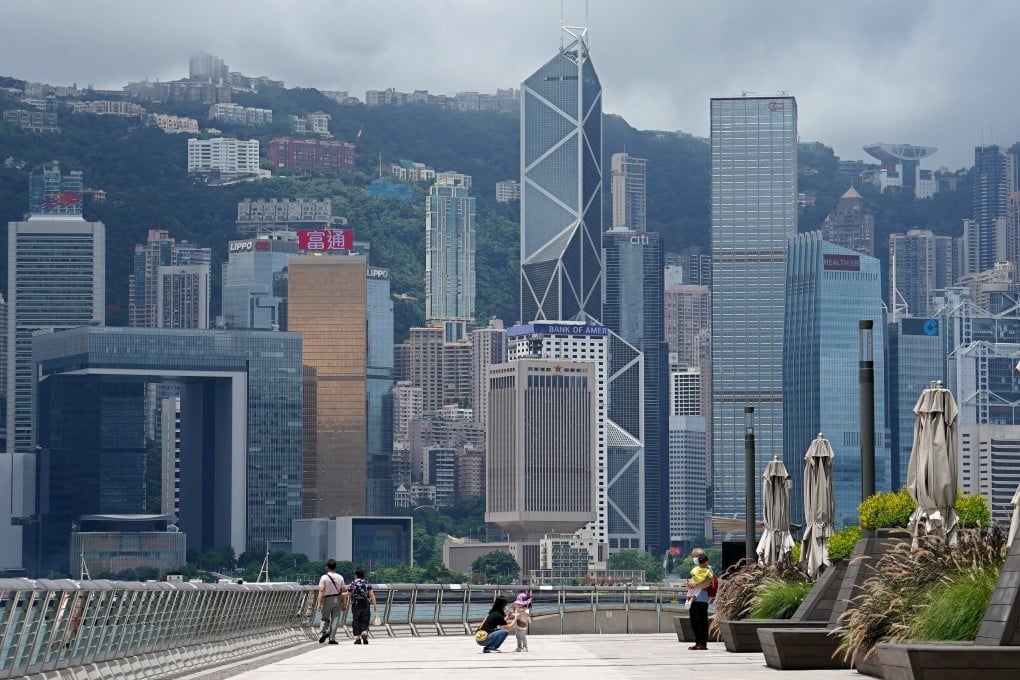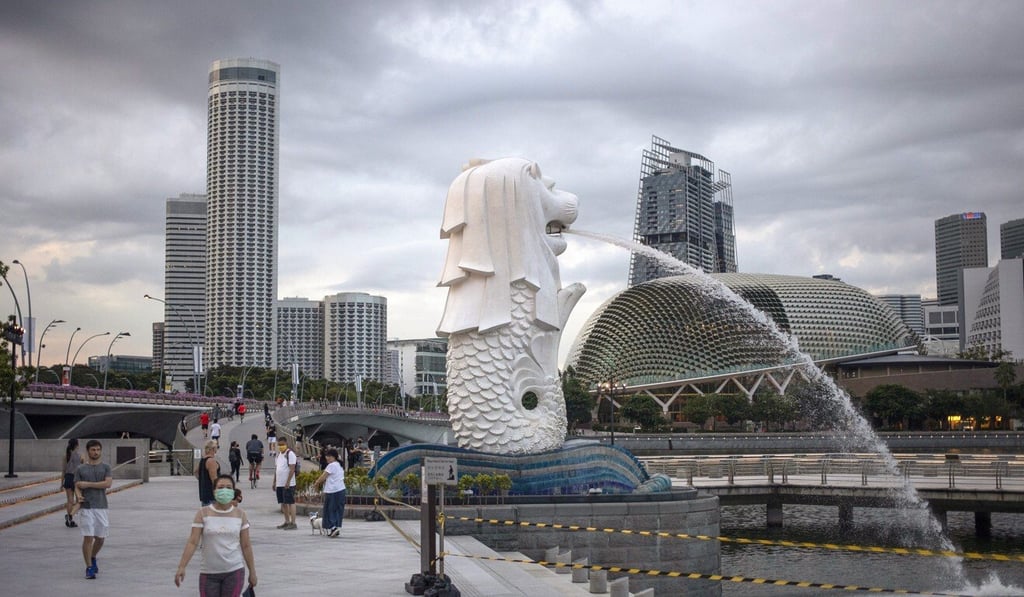Will Hong Kong continue to fall behind Singapore in competitiveness rankings?
- Inability to retain talent within government, housing issues and cocktail of challenges from protests to pandemic identified as factors for city’s slide
- Widely recognised survey by Swiss-based International Institute for Management also shows there are no winners in US-China trade war

Hong Kong’s policymakers should heed a wake-up call to secure the city’s social and political stability after it fell behind rival Singapore in a competitiveness ranking for the second year in a row, analysts have said.
Singapore took the crown two years in a row while Hong Kong grabbed the fifth spot, down from second last year and the lowest since its No 6 placing in 2004.
“I am not surprised if Hong Kong’s ranking rolls further downhill next year, or even beyond No 10,” said Simon Lee, senior lecturer of Chinese University’s business school. “The Hong Kong government needs to urgently review the city’s economic performance. This is not the first global survey that shows a worsening trend.”

In March, Washington-based think-tank Heritage Foundation found that the social unrest last year from the anti-government protests took a heavy toll on Hong Kong’s position as the freest economy in the world. The city lost its top spot for the first time in 25 years, dropping a place after it was unseated by Singapore.